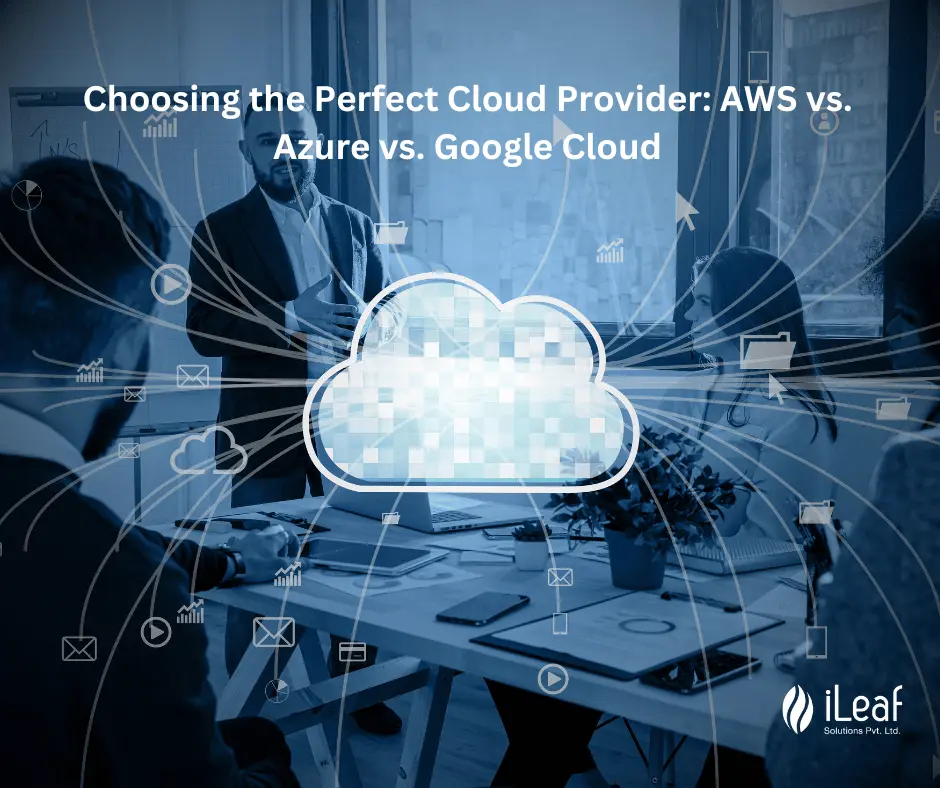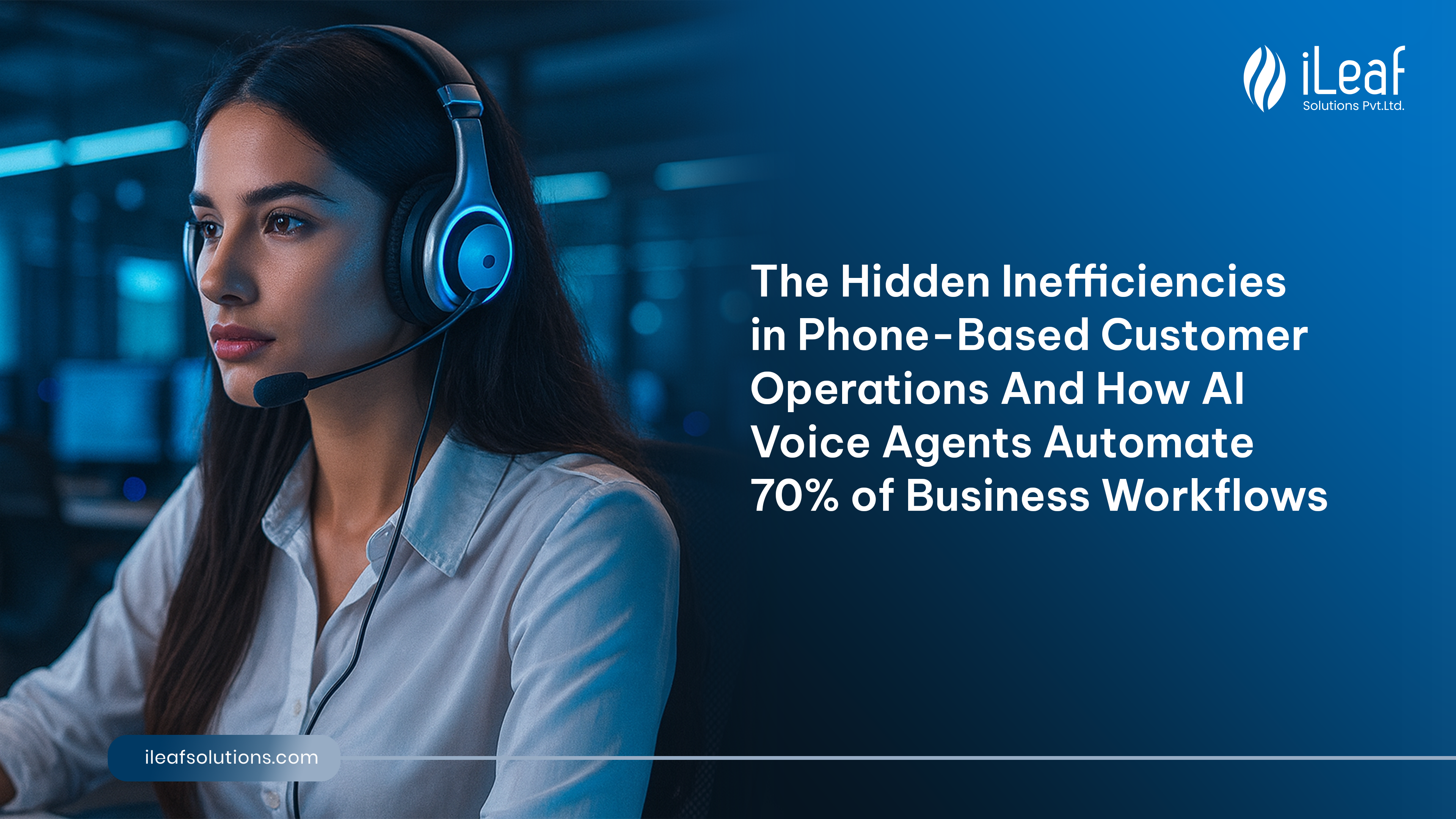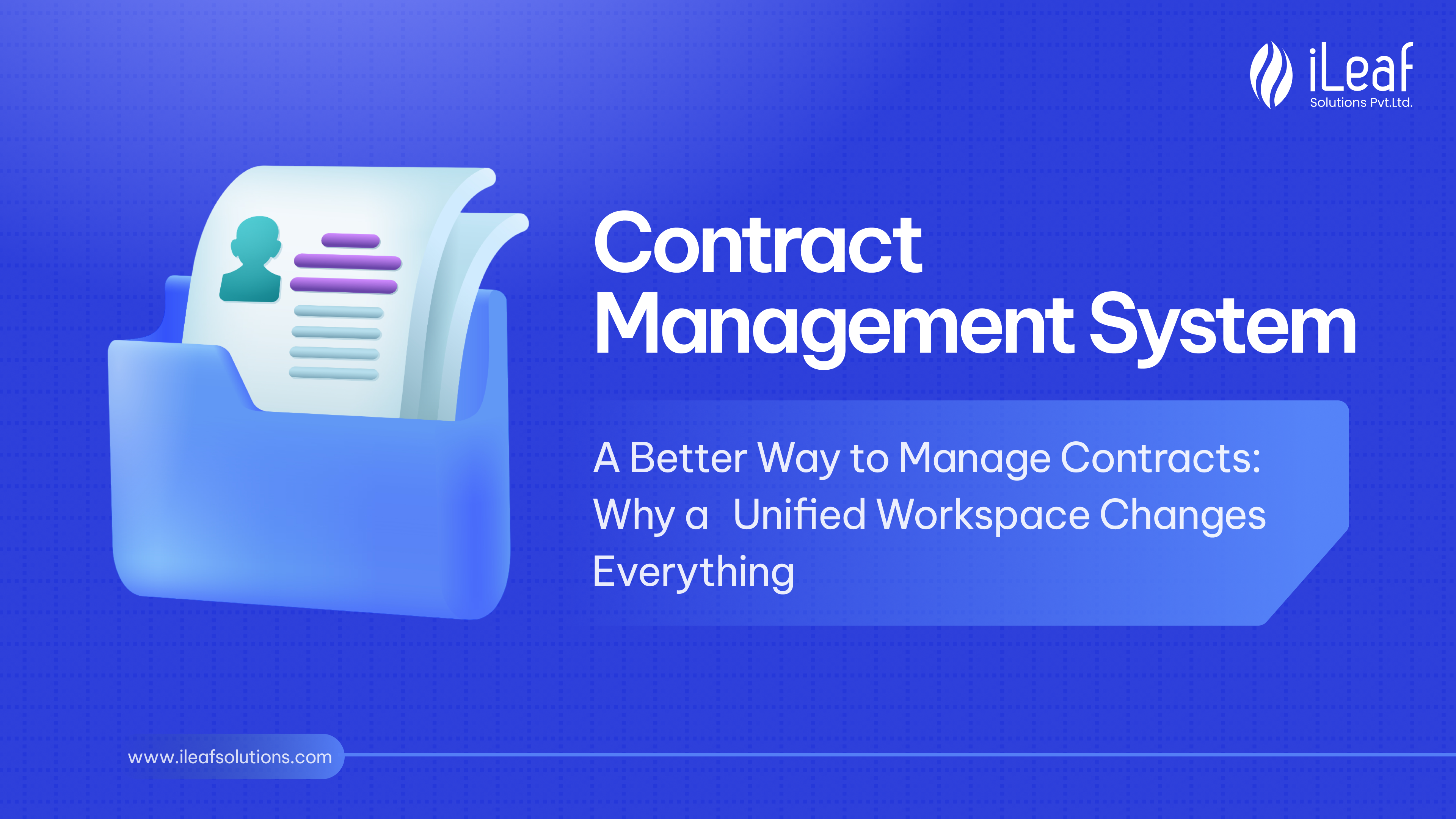Choosing the Perfect Cloud Provider: AWS vs. Azure vs. Google Cloud

In today's digital age, cloud computing has become the backbone of modern businesses and organizations. The ability to store, manage, and access data and applications remotely, with the scalability and flexibility offered by cloud providers, has revolutionized the way we do business. However, with the plethora of cloud providers available, how do you choose the perfect one for your needs? In this blog post, we'll explore and compare three major cloud providers: Amazon Web Services (AWS), Microsoft Azure, and Google Cloud Platform (GCP).
The Big Three: AWS, Azure, and GCP
Before we dive into the details of each cloud provider, let's briefly introduce the "Big Three" in the cloud computing world.
Amazon Web Services (AWS)
Amazon Web Services (AWS), launched in 2006, is often considered the pioneer of cloud computing. With an extensive range of services and a vast global infrastructure, AWS is known for its reliability and scalability. Many startups and enterprises rely on AWS for their cloud needs.
Microsoft Azure
Microsoft Azure, launched in 2010, is Microsoft's cloud offering. Leveraging Microsoft's enterprise expertise, Azure provides a wide array of services, including robust solutions for Windows-based applications and a strong focus on hybrid cloud deployments.
Google Cloud Platform (GCP)
Google Cloud Platform (GCP), introduced in 2011, is Google's cloud solution. GCP is known for its strength in data analytics, machine learning, and artificial intelligence. It also boasts a high-performance global network infrastructure.Now that we've introduced the key players, let's compare them in various aspects to help you make an informed decision.
Pricing and Cost Management
AWS
AWS offers a pay-as-you-go pricing model, which means you only pay for the resources you consume. They provide a free tier with limited usage for new customers. AWS also offers a pricing calculator to estimate costs, making it easier to budget for your cloud expenses.
Azure
Azure's pricing model is similar to AWS, with pay-as-you-go options and a free tier for newcomers. Azure provides tools like the Azure Pricing Calculator and Azure Cost Management to help users track and manage their expenses effectively.
GCP
Google Cloud also follows a pay-as-you-go pricing structure, with a free tier and various tools for cost management, including the Google Cloud Pricing Calculator. GCP often boasts competitive pricing, particularly for data analytics and machine learning workloads.
Opinion: When it comes to pricing, all three providers offer similar models, but the actual cost can vary depending on your usage patterns and specific services. It's advisable to utilize the pricing calculators provided by each provider to estimate your costs accurately.
Services and Offerings
AWS
AWS has a vast and diverse catalog of services, covering everything from compute and storage to machine learning and IoT. Some notable services include Amazon EC2 for virtual servers, Amazon S3 for object storage, and AWS Lambda for serverless computing.
Azure
Azure also offers a comprehensive range of services, with a strong focus on Windows-based solutions. Azure's services include Azure Virtual Machines, Azure Blob Storage, and Azure Functions for serverless computing.
GCP
GCP shines in data analytics and machine learning, with services like BigQuery and TensorFlow. It also provides standard cloud services, such as Google Compute Engine for virtual machines and Google Cloud Storage for object storage.
Opinion: The choice of services largely depends on your specific requirements. AWS and Azure provide a wider array of services, while GCP excels in data-related offerings.
Global Reach and Data Centers
AWS
AWS boasts a massive global infrastructure with data centers in multiple regions worldwide. This extensive network ensures low-latency access for users across the globe.
Azure
Microsoft Azure also has a substantial global presence, with data centers in many regions. Azure's hybrid capabilities, such as Azure Arc, make it an excellent choice for organizations with on-premises infrastructure.
GCP
Google Cloud Platform offers a network of data centers, known as Google Cloud regions, in various global locations. GCP's network is known for its high-speed connections and reliability.
Opinion: The global reach of all three providers is impressive. Your choice may depend on the specific regions where your target audience or data centers are located.
Integrations and Ecosystem
AWS
AWS has a robust ecosystem of third-party integrations and partners. It also offers AWS Marketplace, where you can find a wide range of software and services to enhance your cloud experience.
Azure
Azure seamlessly integrates with Microsoft's software offerings, making it an attractive choice for organizations heavily invested in Microsoft technologies. Azure Marketplace offers a variety of solutions for Azure users.
GCP
Google Cloud integrates well with Google Workspace (formerly G Suite) and offers strong support for Kubernetes and containerization. It also has a marketplace with third-party solutions.
Opinion: Your existing technology stack and partnerships may influence your choice in this category. If you're already using Microsoft or Google products, their respective cloud platforms may provide a more seamless experience.
Developer Tools and Ecosystem
AWS
AWS offers a rich set of developer tools, including AWS CodeDeploy, AWS CodePipeline, and AWS Cloud9 for IDE support. The AWS Developer Center provides resources for developers to get started quickly.
Azure
Microsoft provides Azure DevOps, a set of developer tools for CI/CD, and Visual Studio for application development. Azure also has a strong developer community and resources.
GCP
GCP offers Google Cloud Build for CI/CD and Cloud Source Repositories for code hosting. It has a strong emphasis on Kubernetes and container orchestration with Google Kubernetes Engine (GKE).
Opinion: Each provider offers a robust set of tools for developers. Your choice may depend on your familiarity with these tools and your specific development needs.
Security and Compliance
AWS
AWS prioritizes security and compliance, offering a wide range of tools and services for identity and access management, encryption, and compliance reporting.
Azure
Azure also places a strong emphasis on security, with features like Azure Active Directory for identity management and Azure Security Center for threat protection.
GCP
GCP provides security features like Identity and Access Management (IAM) and encryption at rest and in transit. Google Cloud is known for its security measures in its data centers.
Opinion: All three providers take security seriously and comply with various industry standards. Your choice may come down to your specific security requirements and preferences.
Support and Documentation
AWS
AWS provides extensive documentation, a knowledge base, and a variety of support plans, including free and premium tiers. AWS also has a vast community and forums for user support.
Azure
Microsoft Azure offers comprehensive documentation and a variety of support plans, including Azure Support Plans with different levels of service. Azure also has a dedicated user community.
GCP
Google Cloud Platform offers extensive documentation, a knowledge base, and various support plans, including Google Cloud Support. GCP also has a strong community presence.
Opinion: All three providers offer good documentation and support options. Your choice may depend on your budget and the level of support you require.
Conclusion
Choosing the perfect cloud provider among AWS, Azure, and GCP is a significant decision for your organization. Each of these providers has its strengths and weaknesses, making it essential to evaluate your specific requirements and priorities.
AWS is known for its extensive service catalog, global infrastructure, and scalability. It's a solid choice for organizations of all sizes.Azure excels in Windows-based solutions, hybrid cloud deployments, and seamless integration with Microsoft technologies. GCP shines in data analytics, machine learning, and container orchestration. It's an excellent choice for organizations with a focus on data-driven applications. Ultimately, the ideal cloud provider for your organization depends on factors like your existing technology stack, budget, global reach, and specific project requirements. It's advisable to take advantage of free trials and assess your needs before making a final decision. In conclusion, the cloud computing landscape is continually evolving, with AWS, Azure, and GCP leading the way. By carefully considering your options and aligning them with your organization's goals, you can choose the perfect cloud provider to propel your business into the digital future.














